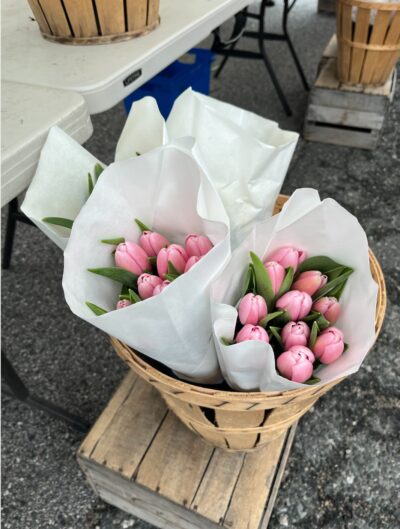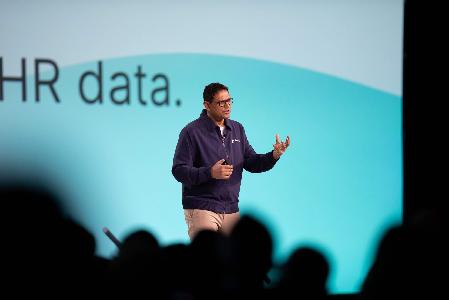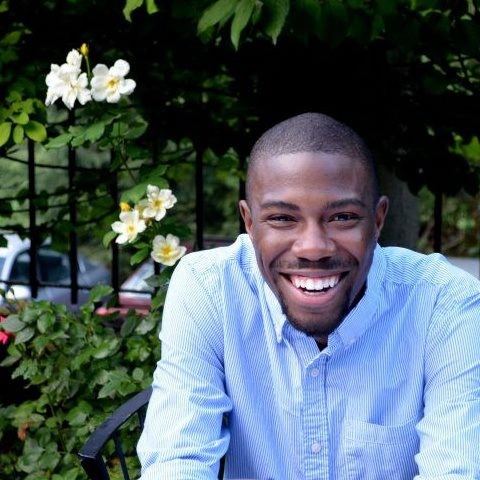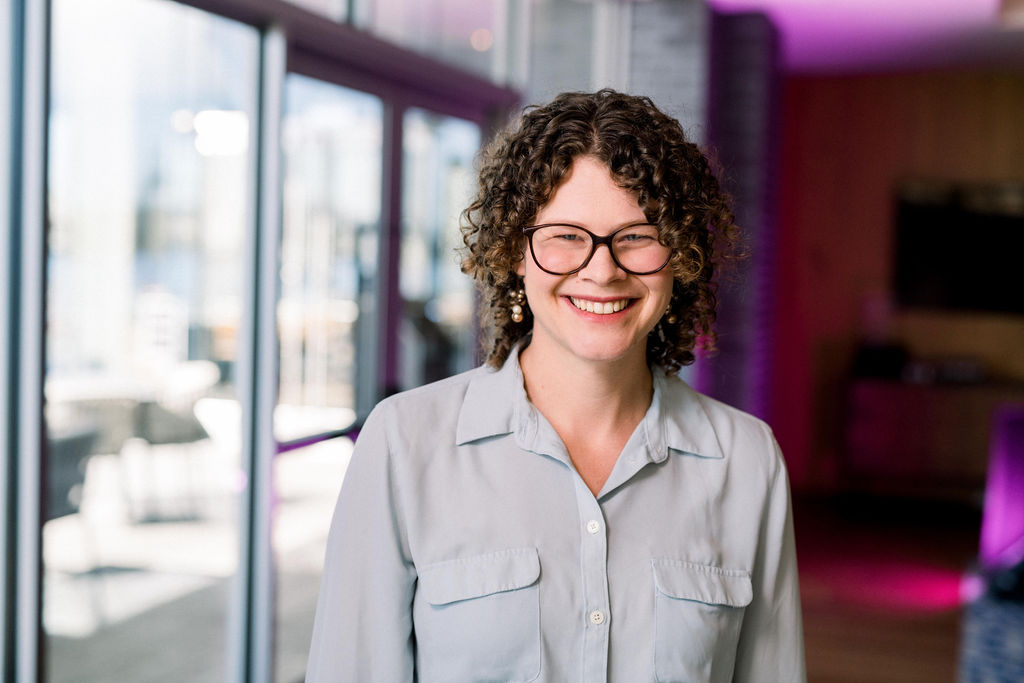One-hundred and twelve companies across the US applied to be a part of 1501 Health’s latest cohort and only seven were chosen. That’s on par with the acceptance rate of an Ivy League university.
What set these seven apart? What are Heathworx, the investment wing of insurance giant CareFirst, and the local healthcare corporation LifeBridge Health looking for in health tech companies as the partners help them grow?
Emily Durfee, the incubator’s co-manager and a Healthworx strategy director, gave Technical.ly insight on what made the seven companies of the second 1501 Health cohort stand out, as well as what applicants looking to join the next cohort can do to improve their chances of being chosen to participate in the yearlong incubator. Some of her advice could apply to any niche startup-boosting program.
The first of criteria is simple, as it’s the things all VCs want: product and market fit, traction, funding. The things you’d put in any slide deck to attract investors also matter to 1501 Health, which invest up to $100,000 in each of the selected startups.
The second is strategic fit.
“We’re really looking for innovations that have the opportunity to impact the lives of our members in a positive way,” Durfee said. And the third criteria, where most companies disqualify themselves: “Can we actually help them?”
A lot of entrepreneurs who apply are really polished and have great business models but don’t really think about why the 1501 cohort is the best fit for their companies growth, she said. Most companies get stumped when asked what type of support they need from CareFirst and LifeBridge Health. The entrepreneurs give boilerplate responses about being happy to work with the health insurance providers.
“We’re like, ‘Yeah that’s good, and? What other things can we provide? What tangible support can we give?'” Durfee said, “We want to make sure this is a value add for you. That’s the recommendation for folks that are applying — really think critically about what that support [in the 1501 cohort] can look like. Help us understand how we can help you.”
All of that is what’s necessary to get a company to the finalist portion of the application process. But once there, what takes a company over the edge into the cohort is the intangibles of the founder. Per Durfee, CareFirst and Lifebridge Health needs to really believe in an entrepreneur’s ability to succeed to put them in the 1501 cohort.
“We’re looking for scrappy, creative rockstars who we believe are really going to push their company toward success,” Durfee said.
The entrepreneurs who fit the bill and made it into this year’s cohort are:
- Celine Tien, cofounder and CEO of Flowy, from Los Angeles
- Jessica Bell and Corey van der Wal, cofounders, CEO and chief product officer (respectively) of Frame Fertility, from San Francisco
- Ashlee Wisdom, CEO of Health in Her Hue, from New York City
- Richard Gurley, CEO of Ryse Health, based in both Baltimore and Arlington, Virginia
- Dom Raban, CEO of Xploro, from Manchester, United Kingdom
- Liz Eddy, CEO of Lantern, from New York City
- Liz Hamburg, founder of Candoo, from New York City
Read more about the accepted startups.
Donte Kirby is a 2020-2022 corps member for Report for America, an initiative of The Groundtruth Project that pairs young journalists with local newsrooms. This position is supported by the Robert W. Deutsch Foundation.Join the conversation!
Find news, events, jobs and people who share your interests on Technical.ly's open community Slack

Baltimore daily roundup: A network to empower Black leaders; AI's double-edged sword for music; UB pitches

Baltimore daily roundup: Data collection for community empowerment; UMD awards its innovations; chatting with Zara the AI bot

Baltimore daily roundup: Film fest spotlights cinema's immersive frontier; over $1M for a wellness startup; $2B to rebuild the Key Bridge


